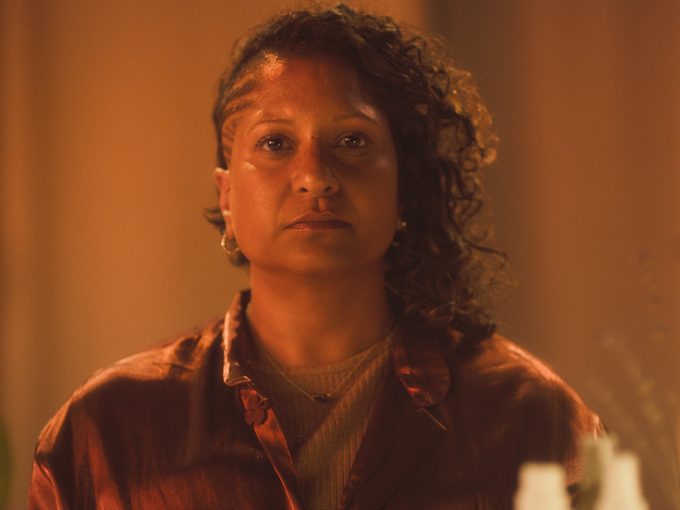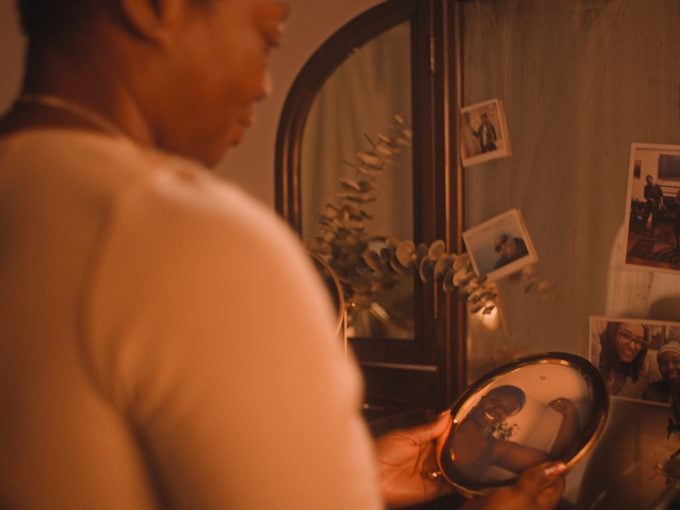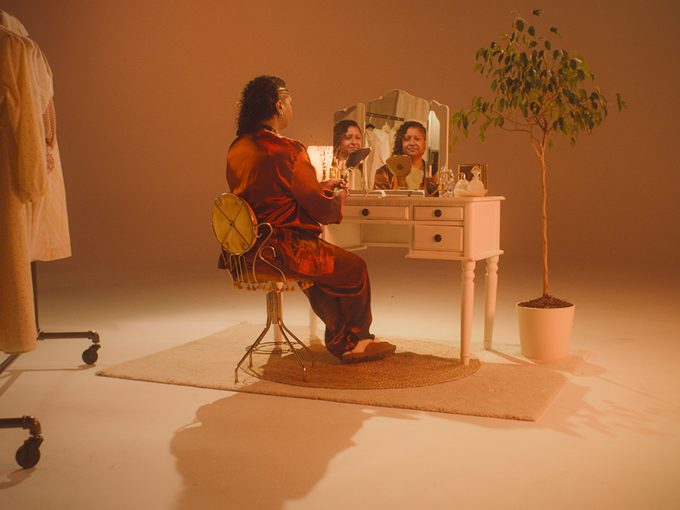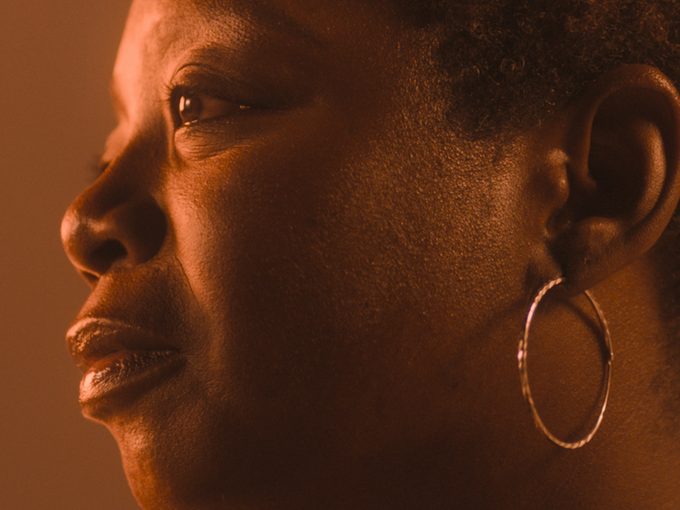It’s About Time We Talk About Breast Cancer Among Young Women of Colour
Women of colour — especially Black women under the age of 40 — have a disproportionate risk of being diagnosed with the most aggressive form of breast cancer, called triple negative breast cancer (TNBC). For too long, they haven’t been featured in the literature and imagery surrounding the disease. That changes now.

“Most Black women have never heard the term triple negative breast cancer, and most young women aren’t aware that there’s a strain of breast cancer that affects them more than others, namely TNBC,” says Leila Nicholls-Springer, breast cancer survivor and founder/president of Olive Branch of Hope, a Toronto-based organization that’s been supporting Black women with breast cancer and their families for over 20 years. “Representation gives the opportunity to highlight these two areas in our own words; it allows us to speak for ourselves. It’s key for women of colour because it brings the awareness piece to the forefront and reminds us that we’re serving all women, not just one type. Representation also means our whispers are beginning to get louder and finally our voices are being heard.”

TNBC accounts for approximately 15% of all breast cancer cases.1 It’s called triple-negative because the cancer cells test negative for estrogen receptors, progesterone receptors and a protein called HER2 (human epidermal growth factor receptor 2).1 TNBC has a generally poor prognosis with a higher chance of coming back and spreading to other parts of the body than other types of breast cancers. Unfortunately, approximately 40% of people with primary TNBC will see their cancer recur following initial treatment.1 Unlike other breast cancer subtypes, it typically impacts women in the prime of their career and family life.
Anyone can be diagnosed with TNBC, but it’s more common in women under 40, and Black and Hispanic women.1,2
In fact, African American/Black women are two times more likely than Asian and White women to be diagnosed with the disease.2 Hispanic women are also more likely than white women to be diagnosed.2
The Olive Branch of Hope brings awareness to communities facing greater risk of diagnosis. “Through our ongoing campaign Think Beyond Love Pink, our organization has been instrumental in opening up conversations among women in their homes and this includes elders talking about cancer and other illnesses to the younger generation,” says Leila. “We provide different educational sessions and workshops across the Greater Toronto Area. Survivors are becoming more comfortable sharing their journeys and are encouraging others to do the same. It all begins with a conversation to help break the code of silence that still exists in our community.”

The recently released video Reflections: A Journey Through Triple Negative Breast Cancer gives a voice to young women of colour affected by TNBC.
https://vimeo.com/756811338/1619d60c57
Directed by Teaunna Gray, an Afro-Indigenous director and film photographer based in Toronto, the video features two incredible women of colour: Laura and Kristal, who share their respective lived experiences with breast cancer. Through their unique perspectives, we get a glimpse of some challenges they faced — fear, uncertainty, guilt, cultural barriers to talking about personal health, skin tone changes, and the impact of hair loss in a community with significant history and politics around hair. Their diagnoses made them re-examine their relationships, views on womanhood, body image and what beauty is. Their valuable life lessons are ones that many women strive to learn: confidence, body appreciation and self-love.
When Leila first watched the video, she felt a sense of empowerment and courage. “Here are two amazing women who aren’t afraid to share their story. Finally, we’re using our voices to bring hope to others. Our voices have power, and it is the power of many voices that brings change. I hope viewers learn that our experiences in life aren’t just for us, they’re to help and encourage someone else.”

Most importantly, the video shows us that TNBC isn’t just a disease that affects one’s health. It also affects the mind and the relationship that a woman has with her body.
It highlights the importance of safe spaces, such as those provided by The Olive Branch of Hope, where women of diverse cultures can freely express themselves with others they can relate to, and where they can be informed, empowered, and inspired.
There’s a large unmet need in the triple negative breast cancer treatment space.
Women with TNBC have fewer treatment options than those with other invasive breast cancers because hormone therapy and anti-HER2 drugs aren’t typically effective on the disease.1 Early diagnosis is key, and women should be having conversations with their doctors about their breast health. The Olive Branch of Hope programs help identify and remove barriers that prevent individuals from accessing the available healthcare they need.
Dawn got involved with The Olive Branch of Hope because it was the only organization she knew in Canada that focused on Black women. “I want to be the change I wanted to see when I was going through my diagnosis. I want to stand in the gap for women diagnosed with breast cancer who feel like giving up. I want to be the voice for those who do not have one.”
The Olive Branch of Hope is always looking for volunteers and recently diagnosed Black women to share their experience and be an encouragement to others. “Visit our website or any of our social media outlets for more information and the programs we offer. I believe there’s room for board members and committee leaders,” says Leila.
Find breast cancer resources and support at theolivebranch.ca
This article and the video were made with support from Gilead Sciences Canada.
References:
1 American Cancer Society. (March 1, 2022). Triple-negative breast cancer. Retrieved September 22, 2022, from https://www.cancer.org/cancer/breast-cancer/about/types-of-breast-cancer/triple-negative.html
2 Plasilova, M.L. et al (August 2016). Features of triple-negative breast cancer. Medicine, 95(35): e414. https://doi.org/10.1097/MD.0000000000004614





